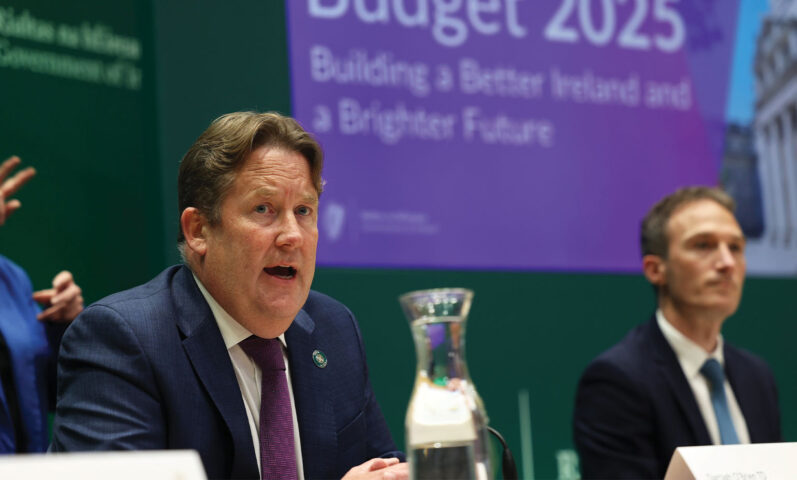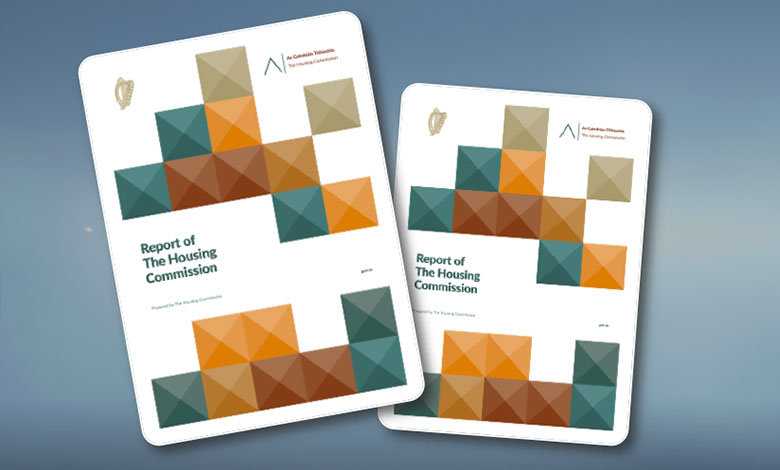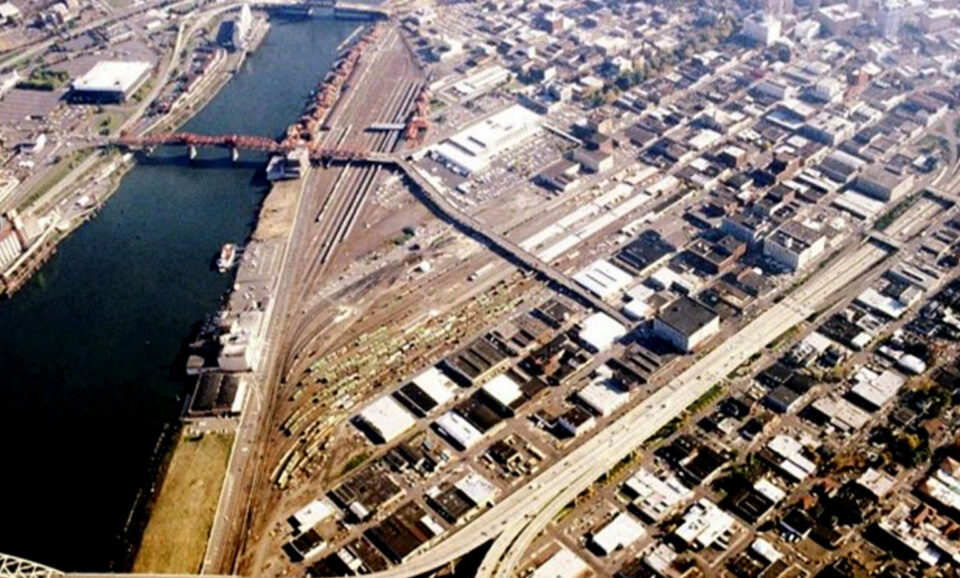
Tuath Housing: Quality homes that people can afford
7th November 2024
A closer look at Sinn Féin’s alternative housing plan
7th November 2024Budget 2025: Government aiming to increase housing supply

Credit: MerrionStreet.ie
In its final budget before the dissolution of the Dáil, the Government has focused its housing measures on increasing commencement figures. However, in spite of record levels, there has been no substantial increase in funding for tackling homelessness.
The Government has allocated €6 billion of capital investment for housing, with the most specified target of increasing supply in the aftermath of an ESRI report which called on the Government’s construction targets under Housing for All (30,000 per annum) to be increased to between 35,000 per annum and 53,000 per annum.
Of this €6 billion, the Government has allocated €3.1 billion in exchequer funding, €1.25 billion to the Land Development Agency (LDA), and €1.65 billion to the Housing Finance Agency (HFA).
Minister for Finance Jack Chambers TD, delivering his first budget since he assumed the role in June 2024, emphasised the Government’s aim of increasing housing supply, with Budget 2025 allocating capital funding of just under €2.2 billion (an increase of €257 million on 2024) with the objective of delivering 10,000 new-build social homes (700 additional homes on 2024), under the Social Housing Investment Programme (SHIP), Capital Advance Leasing Facility (CALF), and Capital Assistance Scheme (CAS).
In addition, government has increased funding to the Cost Rental Equity Loan Mechanism by €145 million, which aims to support the delivery of 1,000 Approved Housing Body Homes under the cost rental scheme.
The Government asserts that 2,165 new social homes will be delivered through various leasing schemes (including Mortgage to Rent and Repair and Lease), delivered by local authorities and Approved Housing Bodies, a projected increase of 35 from what was outlined in budget 2024.
Sinn Féin finance spokesperson Pearse Doherty TD said that there is a need for government to expand the delivery of social and affordable homes to 21,000 per year.
Although homelessness currently stands at a record high of 14,486, the Government has not allocated any increase for transitional and emergency accommodation for those experiencing homelessness, maintaining the €12 million allocation from Budget 2024. Furthermore, the Government has reduced the allocation for the Rental Accommodation Scheme by €10 million.
One unexpected measure was the announcement by Minister Chambers of a 6 per cent increase on stamp duty for high-value residential property (houses with a value of €1 million or above) of 6 per cent on every cent above the €1 million mark.
However, Social Democrats Housing Spokesperson Cian O’Callaghan TD said that the Government needs to introduce a 100 per cent stamp duty rate on any bulk bought houses.
“Allowing existing homes to be bought in bulk drives up house prices, locks out first-time buyers and adds nothing to our overall housing stock. This tokenistic 5 per cent [sic] increase is another example of a government that is all about optics but unwilling to actually stand up to the investment funds,” O’Callaghan said.
Climate adaption
Under the SEAI National Retrofit Scheme, which commenced in May 2022, the Government is committed to ensuring that 500,000 homes are retrofitted to a B2 or above ‘BER’ rating by 2030, as well as the installation of 400,000 heat pumps in homes through the same time period.
Minister for the Environment, Climate and Communications Eamon Ryan TD has expressed his satisfaction that over 1,000 homes are being retrofitted per week, with SEAI’s National Retrofit Scheme Q1 report projecting that just under 52,000 will be retrofitted by the end of 2024.
In Budget 2025, the Government has allocated €100 million to adapt the homes of older people and disabled people, an increase of €25 million allocated in Budget 2024.
This has been complemented by €25 million allocation aiming to support adaptation works of 1,800 local authority social homes.
For the Voids Programme, the Budget has allocated €31 million aiming to support the continued transition to a strategic planned maintenance programme for local authority social housing and the remediation of 2,300 void units.
The Government has maintained the €90 million allocation from Budget 2024 to support the retrofitting of 2,500 local authority homes under the Social Housing Retrofit Programme.
Commenting on the Budget’s allocation to residential environmental measures, Minister Ryan says: “There is a sea-change in how we view the environment and this record investment for the department represents a real commitment to making sure that climate action is working for each and every household in Ireland.”
Remediation of defected homes
Budget 2025’s allocation of €105 million for the remediation of homes affected by defects, although marking an increase of €35 million from what was allocated in Budget 2024, has been met with scepticism by the opposition.
Sinn Féin finance spokesperson Pearse Doherty TD, who has called for “100 per cent redress for those living with defective blocks in Celtic Tiger apartments”, said that “not one penny more has been provided for those schemes, despite them being expanded”.
“For regeneration of inner-city flat complexes and those communities that have been waiting for decades, there is nothing from this Government,” Doherty said.
Analysis
With Budget 2025 marking the final budget of the Fine Gael-Fianna Fáil-Green administration’s term, most analysis have characterised this as a ‘giveaway budget’, aimed at securing support for the Government ahead of the general election soon to come.
Most new funding aims to increase supply, apparently in line with recommendations made by the ESRI, although the Government’s housing policy, Housing for All, formally maintains the target of 30,000 homes being constructed per annum.
Also notable is that, although homelessness is now at a record high, the Government has not installed any new measures to reduce homelessness, in spite of the Government’s formal objective of “eradicating” homelessness by 2030.
The Government’s allocation for spending on increasing supply will likely not bear any fruit before a general election is called, as there is simply not enough time between the budget allocation and the when polls are expected to open at the end of November.
Therefore, if the Government’s objective was to portray an image to the general public of the housing crisis being solved, it is doubtful that this will be the perception among the gerneral public, and housing will be one of the most highly-debated topics as the people of Ireland head to the polls to elect their next government.






